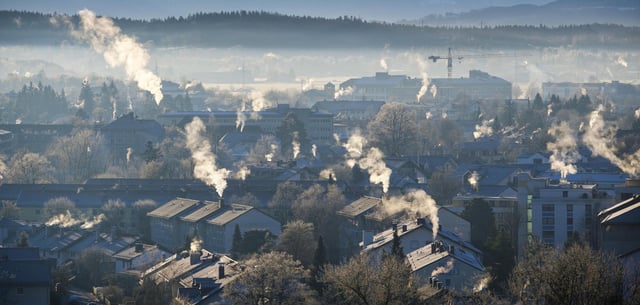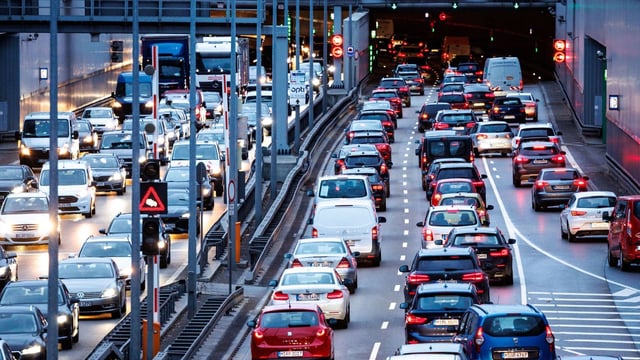Overview
- The German Environment Agency (UBA) has reported widespread poor air quality, with fine dust (PM2.5) levels exceeding the safety threshold of 50 µg/m³ in many regions.
- The current situation is exacerbated by a winter high-pressure system and an inversion weather pattern, trapping pollutants close to the ground.
- Health experts warn that prolonged exposure to fine dust can lead to respiratory and cardiovascular issues, with vulnerable groups like children, seniors, and those with pre-existing conditions most at risk.
- Major urban areas, including Berlin, Leipzig, and Dresden, are among the hardest hit, while better air quality is observed in higher altitudes and regions like Schleswig-Holstein.
- Authorities recommend avoiding outdoor physical activities, keeping windows closed, and reducing emissions from heating and transportation to mitigate health risks and pollution levels.



